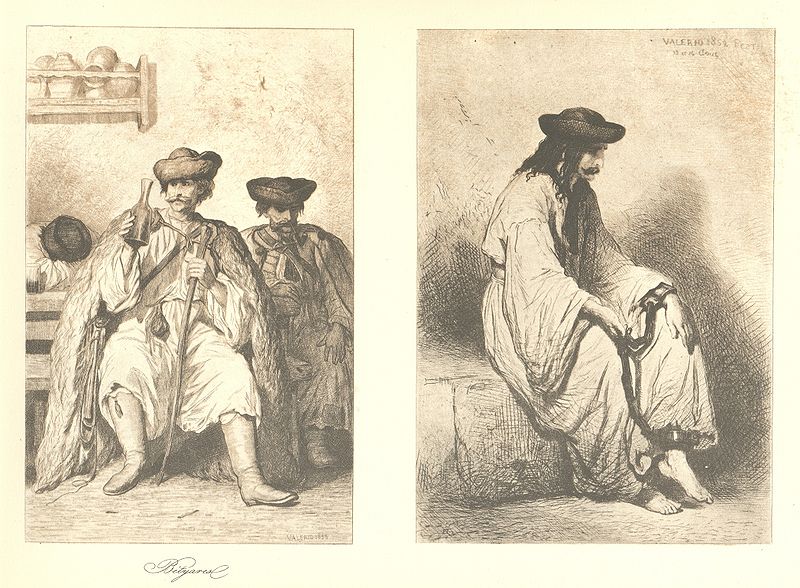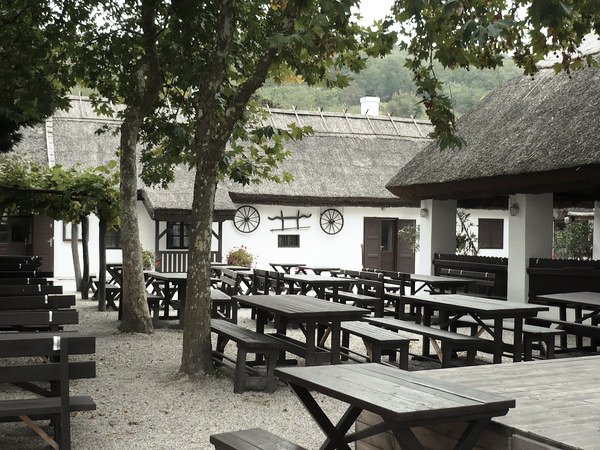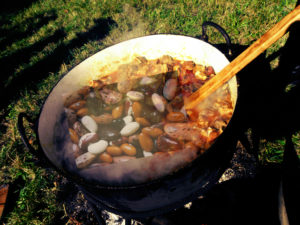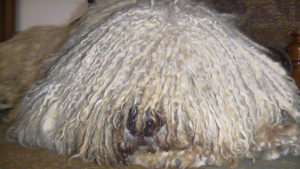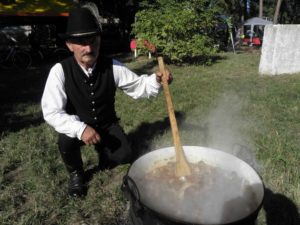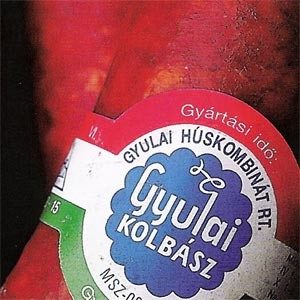Hungarian betyars

Many Betyars are still known by name today, particularly those who went into battle in 1848-49 with their bands, alongside freedom fighters struggling against the imperial power of the Habsburgs. The names of numerous bars frequented by many a bandit have also survived. A csárda (inn) far from any town or village offered a place of refuge. Many of them were right on the border between two administrative districts, which meant that when a policeman appeared, the Betyar only had to go to the other end of the room to be safe.
In those days, the wild Bakony forest, parts of which are still untouched today and so preserve their original beauty, provided cover for many Betyars. The last legendary figure among the Bakony Betyars, one Jóska Savanyó, was a particularly frequent visitor to the csárda at Nemesvámos.
He was a man with a tragic history. In the 1860s and 70s he had been a stout footpad, but also a national hero steeped in legend. Dozens of policemen had tried unsuccessfully to capture him, but he used the wilderness as a refuge. He was also offered help by herdsmen, innkeepers, and a long line of young women. Yet one day he was captured – treachery was said to have been the reason.
Unlike his predecessors, Jóska Savanyó was not hanged, but instead condemned to life imprisonment. When he was released 15 years later for good conduct, his intention was to pick up his life where he had left off. However, he was surprised to find that the world had changed and there was no longer any place for predatory Betyars. For a while he eked out a meager living, but then put an end to his earthly suffering. In Bakony forest, the story goes, the Betyar tied himself to a chair with a silk scarf, so that his head would remain high, even in death…
(Photos: Wikipédia, geocaching.hu)



